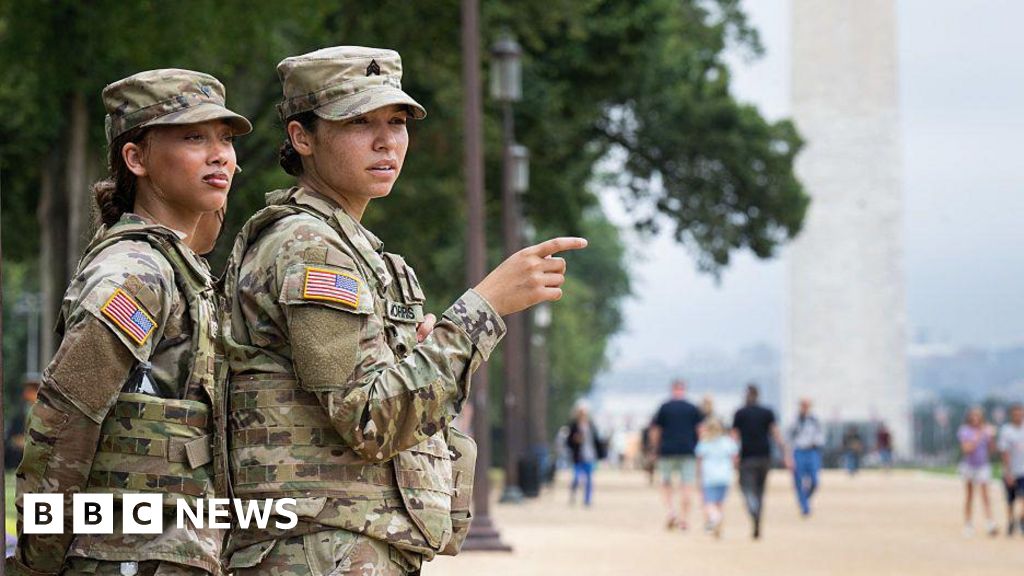The Mbasana family's experience reflects a troubling reality within South Africa's education system, as parents navigate the perils of gang violence while seeking better educational opportunities for their children.
The Mbasana brothers wake up at dawn to attend school 40km away from their home in Khayelitsha, where parents like Sibahle Mbasana are sending their children to former white-only schools, citing security concerns over gang violence and crime in local township schools.
Sibahle recounts past experiences where her sons faced threats from armed assailants at their previous school in Khayelitsha—Cape Town's largest township—highlighting the long-lasting impacts of systemic inequalities rooted in apartheid. Although it has been over 30 years since apartheid ended, many black students still suffer the consequences of the Bantu Education Act, which enforced low-quality education and resources in black communities.
To ensure her children's safety, Sibahle transferred her three kids to a state school in Simon's Town, known for its better infrastructure and smaller class sizes. However, this choice comes with its challenges. Long commutes forced her children to rise at 4:30 AM and return late in the afternoon, leading to exhaustion.
Compounded by issues of extortion and violence at local schools, many parents are left with limited options for quality education. Reports from schools in crime-ridden areas reveal teachers facing threats from gangs demanding protection money, forcing them to seek safer working environments.
While some township schools boast dedicated teachers striving to provide quality education, the overarching safety concerns often overshadow their efforts. In light of increasing evidence of violence and crime, parents like the Mbasanas express their frustrations over living in townships despite wanting a safer environment for their families.
As inequality persists within South Africa's education system, experts lament the ongoing disparities rooted in the fiscal limitations faced by the government post-apartheid. Current educational policies continue to disadvantage township schools, leaving many families without feasible options for their children's education. The Mbasanas are among many in search of safer educational experiences, yet they remain trapped in a cycle of insecurity, waiting for long-overdue change.
The Mbasana brothers wake up at dawn to attend school 40km away from their home in Khayelitsha, where parents like Sibahle Mbasana are sending their children to former white-only schools, citing security concerns over gang violence and crime in local township schools.
Sibahle recounts past experiences where her sons faced threats from armed assailants at their previous school in Khayelitsha—Cape Town's largest township—highlighting the long-lasting impacts of systemic inequalities rooted in apartheid. Although it has been over 30 years since apartheid ended, many black students still suffer the consequences of the Bantu Education Act, which enforced low-quality education and resources in black communities.
To ensure her children's safety, Sibahle transferred her three kids to a state school in Simon's Town, known for its better infrastructure and smaller class sizes. However, this choice comes with its challenges. Long commutes forced her children to rise at 4:30 AM and return late in the afternoon, leading to exhaustion.
Compounded by issues of extortion and violence at local schools, many parents are left with limited options for quality education. Reports from schools in crime-ridden areas reveal teachers facing threats from gangs demanding protection money, forcing them to seek safer working environments.
While some township schools boast dedicated teachers striving to provide quality education, the overarching safety concerns often overshadow their efforts. In light of increasing evidence of violence and crime, parents like the Mbasanas express their frustrations over living in townships despite wanting a safer environment for their families.
As inequality persists within South Africa's education system, experts lament the ongoing disparities rooted in the fiscal limitations faced by the government post-apartheid. Current educational policies continue to disadvantage township schools, leaving many families without feasible options for their children's education. The Mbasanas are among many in search of safer educational experiences, yet they remain trapped in a cycle of insecurity, waiting for long-overdue change.




















